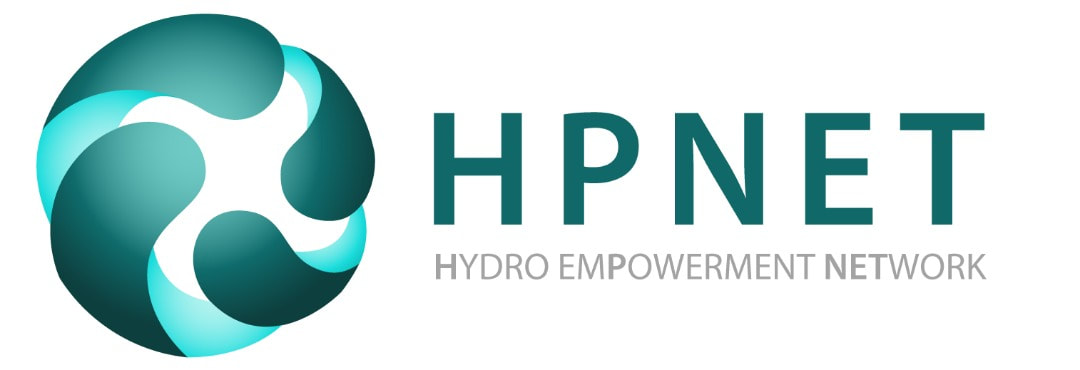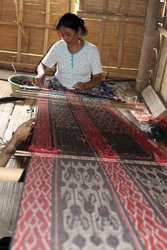
Knowledge and Advocacy for Productive End Use of MHP
Micro hydro projects typically receive funding for only implementation. Once commissioned, projects must sustain themselves financially. Without a strong financial base, beneficiaries cannot support technical maintenance and repairs. The financial base is formed by income generated from tariff paid by electricity consumers. Most projects have weak financial bases due to poor utilization of electricity, as the main load is only lighting. Having developed productive end use (PEU) programs to create win-win rural enterprises that reduce poverty and sustain the micro hydro system, HPNET members Practical Action Nepal and EnDev Indonesia will develop tools to promote PEU, including a regional PEU study, advocacy video, and online library of resources. Click for details
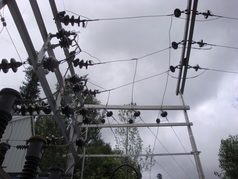
Practice-to-Policy Exchange for Grid Interconnected MHP in South and Southeast Asia
International focus on energy access has meant the extension of the national grid. Since most micro/mini hydro projects are off-grid, sustainability issues arise with the main grid's arrival. Practitioners across the region are voicing for policies that allow for main grid interconnectivity of mini grids. HPNET member Janathakshan will host an exchange connecting developers, government, and utilities actors from 8 countries, to facilitate a regional understanding and strategy for grid-interconnectivity, based on current policies. Click for details
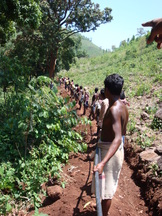
Strengthening MHP Community Organizers in Southeast Asia
Micro hydro developers' capacities are limited to that of their community organizers because project implementation requires a unified and committed community. Local change agents, trusted by the village, are the key to community-driven project completion and long-term sustainability. To strengthen, replicate, and learn from community organizers, HPNET members in southeast Asia will conduct a needs assessment and advocacy training of community organizers, in each of their regions. The exchanges will be coordinated by HPNET member Green Empowerment. Click for details
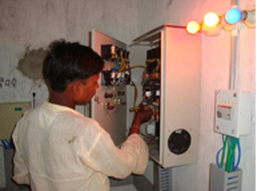
Capacity Building for Electronic Load Controller Technicians in South and Southeast Asia
Electronic load controllers (ELCs) are a crucial and complicated component of micro hydro systems, requiring de-mystification and inputs at the local level to prevent technical failure. To strengthen the skills of local technicians, who are the first resource persons communities approach to resolve technical failure, HPNET members Asosiasi Hidro Bandung and Simple Engineering will conduct a 12-day, practical training on ELC installation, trouble shooting, and innovation. Click for details
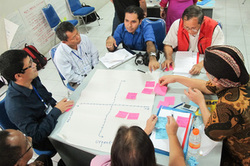
3rd Annual Gathering of MHP Practitioners in South and Southeast Asia
At the foundation of HPNET's exchanges are its annual gatherings, a 4-day yearly event that facilitates micro hydro practitioners from 12+ countries to find ways to alleviate knowledge gaps. Last year's gathering led to the multi-lateral activities described above, plus progress within separate contexts. The gatherings also focus on evolving HPNET's structure and processes to increase the network's impact at the field level. The 2016 Annual Gathering is aimed to be held in Kathmandu, Nepal, a region long advanced in micro hydro. Click for details
